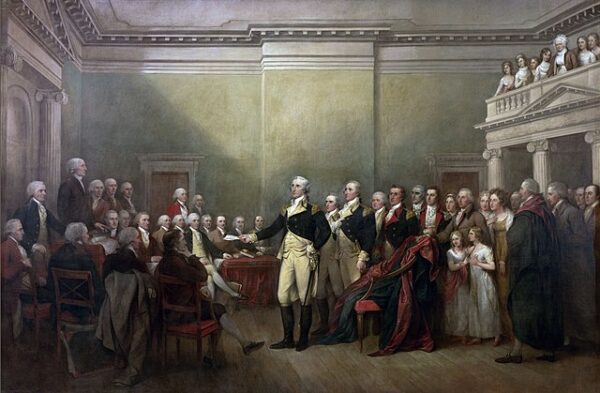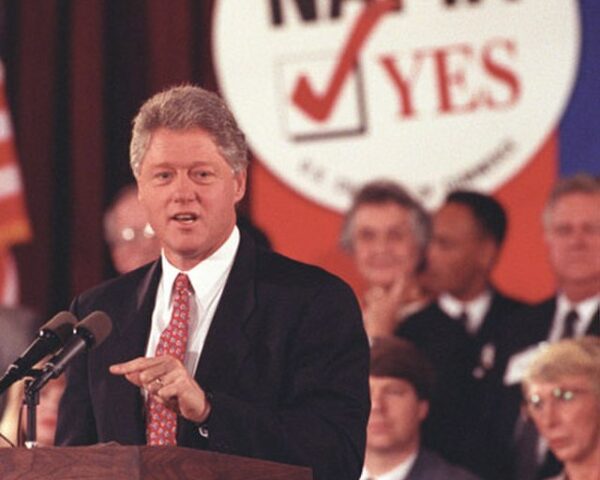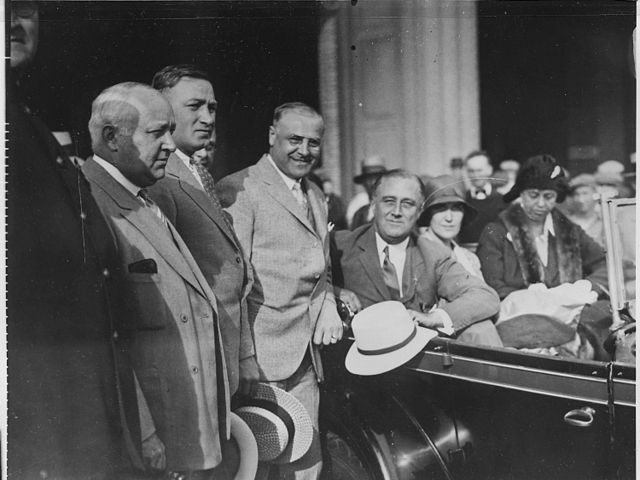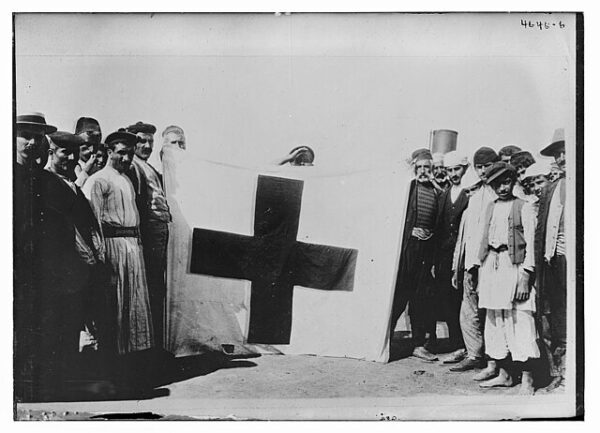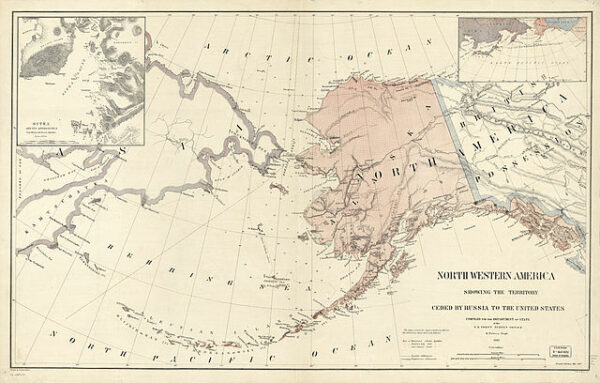The United States Endangered Species Act (ESA) of 1973 may be one of the most important pieces of environmental legislation ever passed by the United States Congress. Recognizing the ecological importance, economic value, and intrinsic worth of wildlife and plants, the ESA was signed…
Read MoreOne day near the end of the Revolutionary War, the King of England and his royal painter, Benjamin West, born in Pennsylvania, were discussing what was happening in America. The King asked West what George Washington would do were America to be declared independent.…
Read MoreOn December 20, 1989, the United States initiated Operation Just Cause, a military invasion of Panama with the goal of removing Manuel Noriega from power. This event was a significant milestone in U.S.-Latin American relations, demonstrating the American military’s capacity to carry out a…
Read MoreOn November 25, 1999, a five-year-old boy from Cuba was found on Thanksgiving day holding on to an inner tube a few miles off of the coast of Ft. Lauderdale, Florida. Fishermen rescued him and took him to a hospital for treatment. Elian Gonazlez’s…
Read MoreOn November 17, 1993, the House of Representatives passed one of the most monumental trade agreements in history. The North American Free Trade Agreement (NAFTA), implemented in 1994 among the United States, Canada, and Mexico, aimed to foster economic cooperation by reducing trade barriers…
Read MoreThe United Nations Educational, Scientific and Cultural Organization (UNESCO) was established on November 16, 1945. The aim of the new agency was to promote international collaboration in the fields of education, science, and culture. The hope for world leaders was that following the devastation…
Read MoreOn November 5, 1940, Franklin D. Roosevelt made history as the only U.S. president elected to a third term. His unprecedented victory was driven by both his popularity and the nation’s unique circumstances. Since he first took office in 1933, Roosevelt had focused on…
Read MoreOn November 4, 1962, the United States concluded Operation Fishbowl, a high-altitude nuclear testing series that pushed the limits of Cold War science—and brought the world to the brink of a new understanding of both atomic power and restraint. The series, conducted over the…
Read MoreOn October 29, 1863, eighteen official delegates from national governments helped make a world caught in war a slightly better place. Meeting in Geneva, the gathering formed the International Red Cross. During the conference, it was decided that a red cross on a white…
Read MoreIn the midst of a chilly and overcast day on October 18, 1867, “Seward’s Folly” finally came to completion. Now celebrated every year as Alaska Day, the date commemorates a pivotal moment in the history of the United States and the far northern frontier…
Read More


